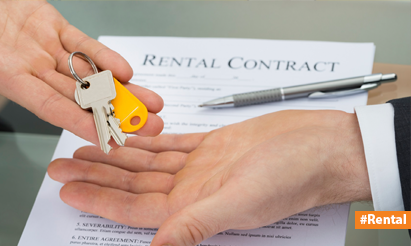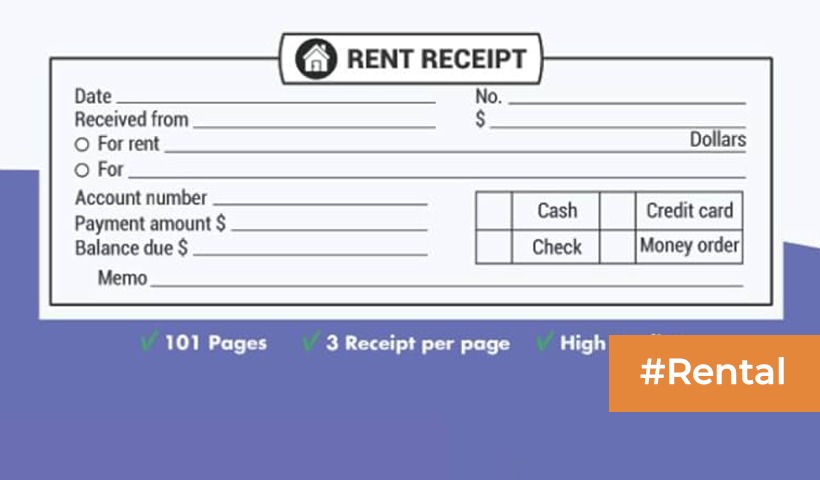How Can International Students Find Rental Apartments in Canada?
Moving to a new country as an international student can be both exciting and daunting. Among the many challenges that students face, finding suitable accommodation is often one of the most pressing concerns. In Canada, a country known for its high-quality education and diverse culture, navigating the rental market can be particularly challenging for newcomers. However, with the right approach and preparation, international students can find a rental apartment that meets their needs and budget.
Understanding the Canadian Rental Market
Current Rental Trends
Canada’s rental market is dynamic and varies significantly across different provinces and cities. While some regions may have a surplus of rental properties, others may face high demand and limited availability, leading to higher rental prices.
Popular Cities for International Students
Cities like Toronto, Vancouver, Montreal, and Ottawa are popular destinations for international students due to their renowned universities and vibrant multicultural communities. However, rental prices in these cities can be relatively high compared to smaller towns or rural areas.
Budgeting for Rent
Average Rental Costs
Before starting your search for a rental apartment, it’s essential to have a clear understanding of your budget. Research the average rental costs in your desired city or neighborhood to determine what you can afford. Keep in mind that rental prices may vary based on factors such as location, size, and amenities.
Additional Expenses to Consider
In addition to monthly rent, consider other expenses such as utilities, internet, and tenant insurance. Factor these costs into your budget to ensure you can comfortably afford your rental apartment.
Researching Rental Options
Online Platforms
Utilize online rental platforms such as Craigslist, Kijiji, and Rentfaster to search for available apartments in your preferred location. These platforms allow you to filter search results based on criteria such as price range, number of bedrooms, and location.
Local Newspapers and Bulletin Boards
Don’t overlook traditional methods of finding rental apartments, such as local newspapers and community bulletin boards. Many landlords still advertise their rental properties through these channels, offering a range of options for prospective tenants.
Understanding Rental Agreements
Types of Leases
Familiarize yourself with the different types of rental agreements commonly used in Canada, such as fixed-term leases and month-to-month agreements. Each type of lease has its own advantages and disadvantages, so choose the option that best suits your needs.
Key Terms to Know
Take the time to review the terms and conditions of the rental agreement carefully. Pay attention to important clauses regarding rent payments, lease duration, and rules regarding pets, smoking, and noise.
Inspecting Rental Properties
Important Factors to Consider
When viewing potential rental properties, pay close attention to key factors such as the condition of the apartment, amenities available, and proximity to public transportation, schools, and shopping centers.
Red Flags to Watch Out For
Be wary of any signs of neglect or disrepair in the apartment, such as water damage, mold, or pest infestations. Additionally, trust your instincts and avoid renting from landlords who seem untrustworthy or unwilling to address your concerns.
Applying for Rental Apartments
Required Documentation
Prepare the necessary documentation before applying for rental apartments, including proof of income, identification, and references from previous landlords or employers. Having these documents readily available will streamline the application process.
Tips for a Successful Application
Submit a complete and well-presented rental application to increase your chances of securing your desired apartment. Write a brief cover letter introducing yourself and highlighting why you would be an ideal tenant for the property.
Negotiating Rent and Terms
Strategies for Negotiation
Don’t hesitate to negotiate with the landlord regarding rent prices, lease terms, or any additional amenities or services included in the rental agreement. Be polite and reasonable in your negotiations, and be prepared to compromise if necessary.
Finding Common Ground
Look for areas where you and the landlord can find common ground during negotiations. Whether it’s agreeing to a longer lease term or committing to maintaining the property in good condition, finding mutually beneficial solutions can help secure a favorable rental agreement.
Moving In and Settling Down
Preparing for the Move
Once your rental application has been approved, begin preparing for your move by packing your belongings, arranging for transportation, and notifying relevant parties of your change of address.
Adjusting to the New Environment
Take the time to explore your new neighborhood and get to know your neighbors. Familiarize yourself with local amenities and services, such as grocery stores, restaurants, and public transportation routes.
Building a Good Tenant-Landlord Relationship
Effective Communication
Maintain open and transparent communication with your landlord throughout your tenancy. Address any issues or concerns promptly and respectfully, and be proactive in informing your landlord of any maintenance or repair needs.
Handling Issues and Disputes
In the event of disagreements or disputes with your landlord, try to resolve them amicably through negotiation or mediation. If necessary, familiarize yourself with your rights as a tenant and seek legal advice or assistance.
Exploring Community Resources
Support Services for International Students
Take advantage of support services and resources available to international students, such as academic advising, counseling services, and cultural integration programs offered by your university or college.
Making Connections in the Neighborhood
Get involved in community events and activities to meet new people and build connections in your neighborhood. Join clubs or organizations related to your interests or cultural background to enrich your experience as an international student in Canada.
Tips for Maintaining a Rental Apartment
Cleaning and Maintenance Routines
Establish regular cleaning and maintenance routines to keep your rental apartment clean and well-maintained. Address any minor issues or repairs promptly to prevent them from becoming more significant problems.
Reporting Repairs Promptly
If you encounter any maintenance or repair issues in your rental apartment, report them to your landlord or property manager as soon as possible. Document the issue with photos or written descriptions to support your request for repairs.
Understanding Tenant Rights and Responsibilities
Legal Protections for Tenants
Familiarize yourself with your rights as a tenant under Canadian law, including protections against unlawful eviction, discrimination, and unfair rental practices. Be aware of your obligations as a tenant, such as paying rent on time and respecting the property and neighbors.
Fulfilling Obligations as a Tenant
Take responsibility for maintaining your rental apartment in good condition and adhering to the terms of your lease agreement. Follow any rules or regulations set forth by your landlord or property management company to ensure a positive tenancy experience.
Preparing for the End of the Lease
Renewal Options
Consider your options regarding lease renewal as your rental term approaches its end. Communicate with your landlord about your intentions to renew or terminate the lease and negotiate any changes to the terms if necessary.
Moving Out Procedures
If you decide to move out at the end of your lease, follow the proper procedures outlined in your rental agreement. Give adequate notice to your landlord, clean and vacate the premises as required, and arrange for a final inspection before returning the keys.
Conclusion
Finding a rental apartment as an international student in Canada can be a challenging but rewarding experience. By understanding the rental market, budgeting effectively, and conducting thorough research, you can find a suitable apartment that meets your needs and enhances your overall study abroad experience.
FAQs
- Can international students in Canada apply for government housing assistance?
No, government housing assistance programs in Canada are typically reserved for citizens and permanent residents. - Is it common for landlords in Canada to require a security deposit?
Yes, it’s common for landlords to request a security deposit from tenants to cover any potential damages or unpaid rent. - Are international students eligible to sublet their rental apartments in Canada?
It depends on the terms of the lease agreement and the landlord’s approval. Some landlords may allow subletting with certain conditions. - What should I do if I have difficulty paying rent due to financial constraints?
If you’re struggling to pay rent, communicate with your landlord as soon as possible to discuss possible solutions, such as a payment plan or temporary rent reduction. - Can international students in Canada terminate their lease early if they need to return to their home country?
Early lease termination may be possible, but it depends on the terms of the lease agreement and the landlord’s discretion. Communicate with your landlord to discuss your situation and explore potential options.
Disclaimer: The views expressed above are for informational purposes only based on industry reports and related news stories. PropertyPistol does not guarantee the accuracy, completeness, or reliability of the information and shall not be held responsible for any action taken based on the published information.




